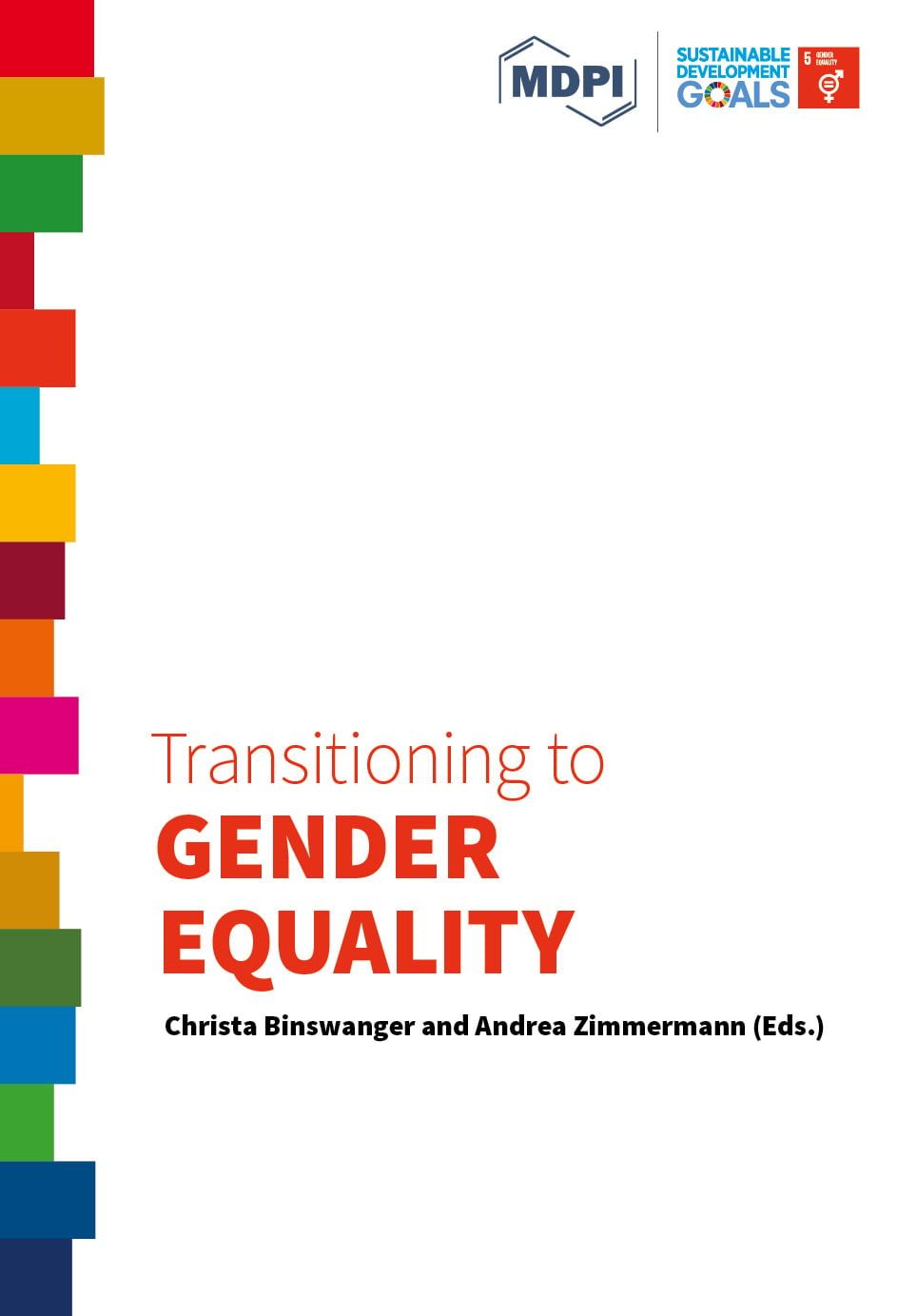Queering Gender Equality: UN SDG 5 Beyond the Sex_Gender Binary
Abstract
With the aim of introducing a queer perspective to the UN SDG 5, the article
explores tensions between gender equality politics and gender diversity politics
within different strands of the United Nations (UN). It asks if there is indeed an
irresolvable dilemma concerning gender equality and LGBTI+ diversity politics.
Analyzing programmatic material found online on websites of UN bodies
focusing on gender equality or LGBTI+ rights, the article concludes that the shift
towards the SOGIEC (sexual orientation, gender identity, gender expression and
sex characteristics) approach in Human Rights law (see Yogyakarta principles),
provides a decisive steps towards resolving the dilemma. In looking at current
reforms in German Civil Status Law, the article moves from critically considering
the newly established sex-gender registration ‘diverse’ towards queerversity, which is offered as a modification of diversity politics. The principle of queerversity is
meant to function as a political corrective, an ethical attitude and an aesthetic
strategy. As such it combines the avowal of multiplicity, ambiguity and alterity
with struggles against discrimination, social inequalities and the intersectional
complexity of regimes of domination. Consequently, the article proposes the
principle of queerversity as an overarching perspective of intersectional justice.
